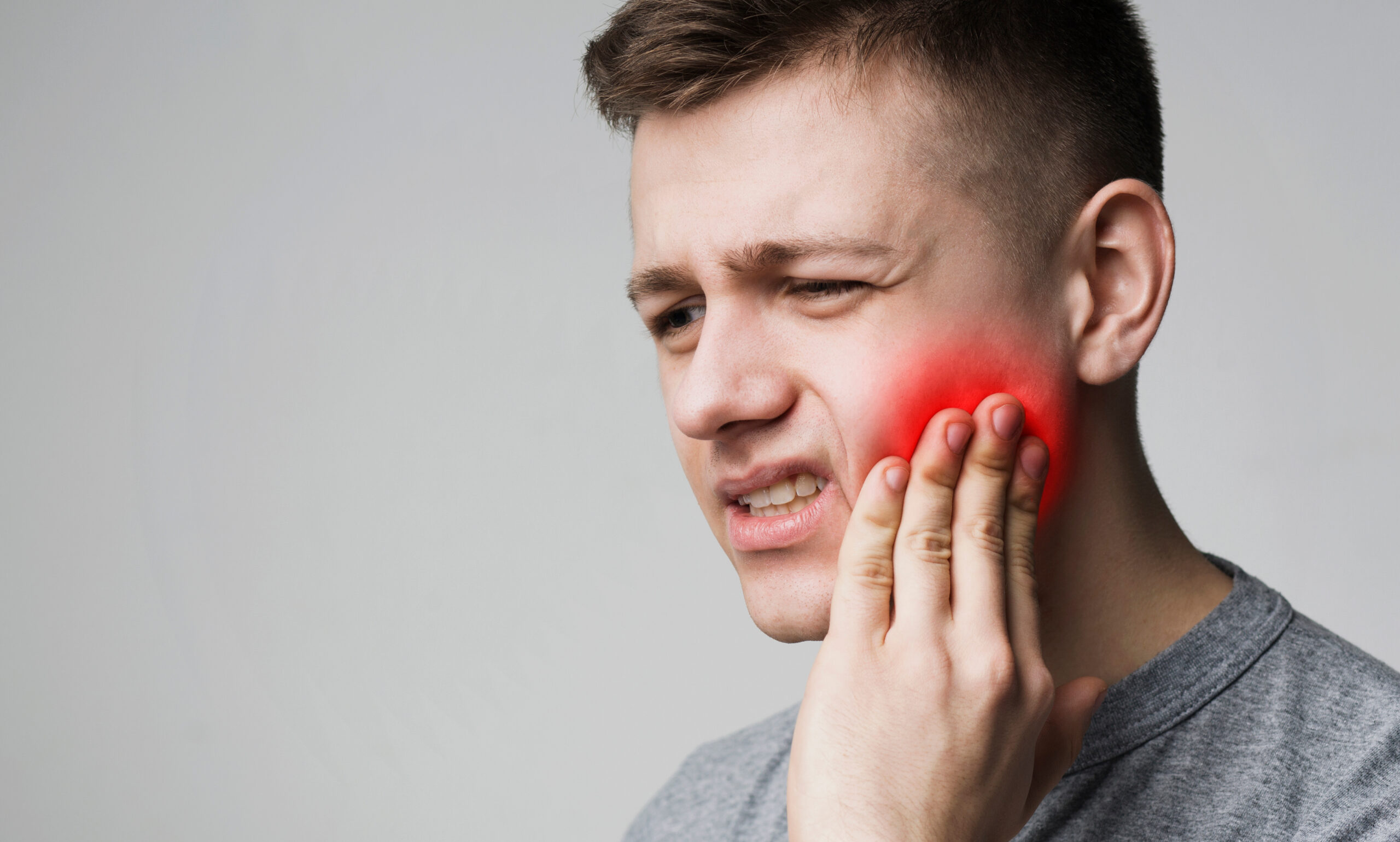
Life is full of ups and downs, and sometimes those downs include traumatic events that could cause mental health problems such as post traumatic stress disorder (or PTSD). Post traumatic stress disorder occurs following situations where the patient experiences situations involving death, war, or other traumatic events, and can cause anxiety, stress, depression, and other mental health problems. If left untreated, PTSD can worsen over time.
But while the mental symptoms of PTSD are well-documented, a recent study sought to examine the physical effects of PTSD on the body. Namely, the effects of PTSD on temporomandibular joint disorder (TMD). Temporomandibular joint disorder is a condition where the jaw slides in and out of the socket of the jaw, making a popping or clicking sound as the jaw is opened or closed. Temporomandibular joint disorder has many symptoms, including bruxism (teeth grinding), jaw pain, headaches (including migraine headaches), neck pain, back pain, difficulty speaking or chewing, difficulty opening and closing the mouth, and tinnitus (ringing of the ears).
What the researchers found was quite startling. Studying veterans of war, they discovered that a full 80 percent of these veterans suffered from some sort of pain disorder, including TMD. This makes sense, because one of the causes of TMD is stress.
Whether those with PTSD are holding or clenching their jaws, grinding their teeth, biting their nails, or doing some other activity that could cause pain to the jaw, developing TMD is extremely common in PTSD sufferers.
So, what does this mean if you have both PTSD and TMD? Well, for starters it’s important to begin a treatment plan that addresses both issues. First, a mental health program such as therapy can be extremely beneficial in treating PTSD. Furthermore, treating your TMD can help alleviate chronic pain and hopefully lessen some symptoms of PTSD.
Whether you have PTSD, or you simply have TMD, Dr. Abelar can help with the use of a mandibular orthotic device that helps reposition the jaw, as well as through other methods such as physical therapy or orthodontics, depending on your individual situation. If you are interested in learning more about your TMD options, please contact Dr. Abelar’s office today.






